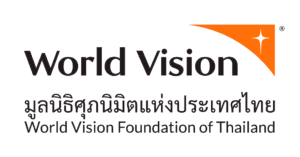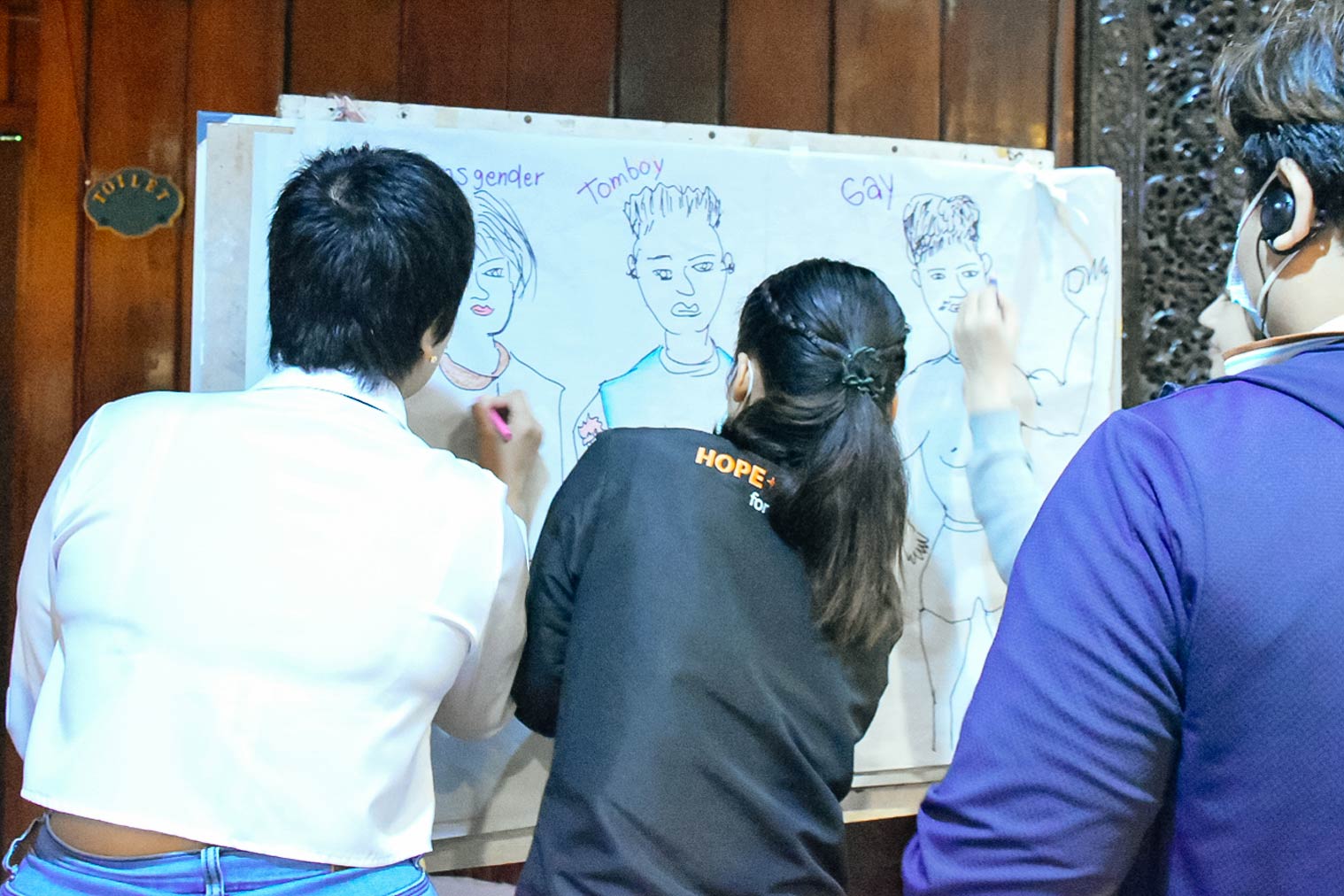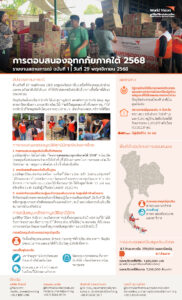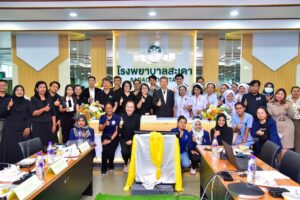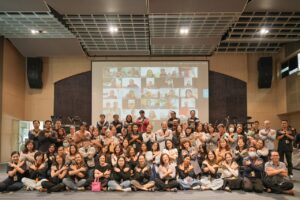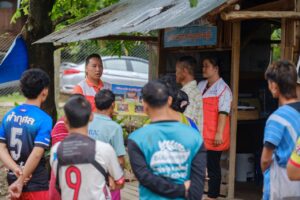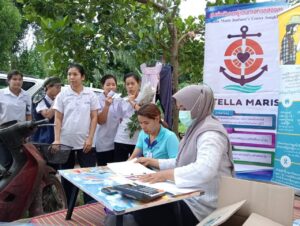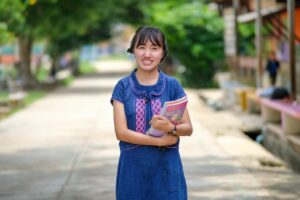To achieve Thailand’s goals and strategies for ending tuberculosis and AIDS by 2030, an integration of a people-centred and community-based approach will be driven, alongside promoting friendly services for key populations, strengthening community systems and addressing human rights and gender-related barriers to healthcare. Key populations, such as migrants, men who have sex with men, sex workers, and their partners, will be empowered to access tuberculosis and HIV/AIDS services equitably and without discrimination.
World Vision Thailand, is a civil society organisation that has been working continuously for over 20 years to end tuberculosis and AIDS with the support of the Global Fund and one of its primary recipients to implement the Stop TB and AIDS through RRTTPR Year 2024-2026(STAR4). We have collaborated with Foundation for Action on Inclusion Rights (FAIR) to conduct aworkshop on human rights, gender, stigma, discrimination, and legal knowledge for migrants at Wattana Village Resort, Mae Sot District, Tak Province. A total of 60 people including staff, field officers and community health volunteers from both World Vision Thailand and the M-Fund project of Dream Development Foundation (DLP) in Tak, Mae Hong Son, Kanchanaburi provinces and Myanmar border areas participated in the training.
The training aimed to promote the integration of work on human rights, stigma, discrimination, and basic legal knowledge so that the staff and migrant health volunteers can expand their reach and better serve key populations, including migrants. This is part of our investment in human rights integration.
Dr Sarut Moonsarn, Human Rights, Gender Community Service Strengthening Programme Manager, World Vision Thailand, elaborated on the training:
“Key messages we want the staff and migrant health volunteers to understand include human rights, gender, stigma and discrimination, as well as relevant laws. This knowledge is essential for effectively working with key populations, such as migrants, men who have sex with men, transgender individuals, sex workers, and their partners, to ensure equitable access to tuberculosis and HIV/AIDS services. These groups often face multiple barriers, including societal stigma, that prevent them from accessing their rightful health services.”
When talking about migrants, men who have sex with men, transgender individuals, sex workers, and their partners, what should be our perception toward them? Are all of them people living with HIV? Did they get infected because they have multiple sexual partners? Are all individuals with diverse sexual orientations HIV positive? Do we accept calling them ‘aliens’ – the term that dehumanises other people – while we should refer to them as ‘migrants’ or use their specific nationality?
If your answer to these questions is ‘No’, is it time for us to re-examine the societal beliefs, knowledge, attitudes, and perspectives that have shaped and repeated our values and judgments? These have contributed to the stigmatisation of certain groups. It is time to promote equal access to healthcare, including tuberculosis and HIV/AIDS services for all, including key populations.
